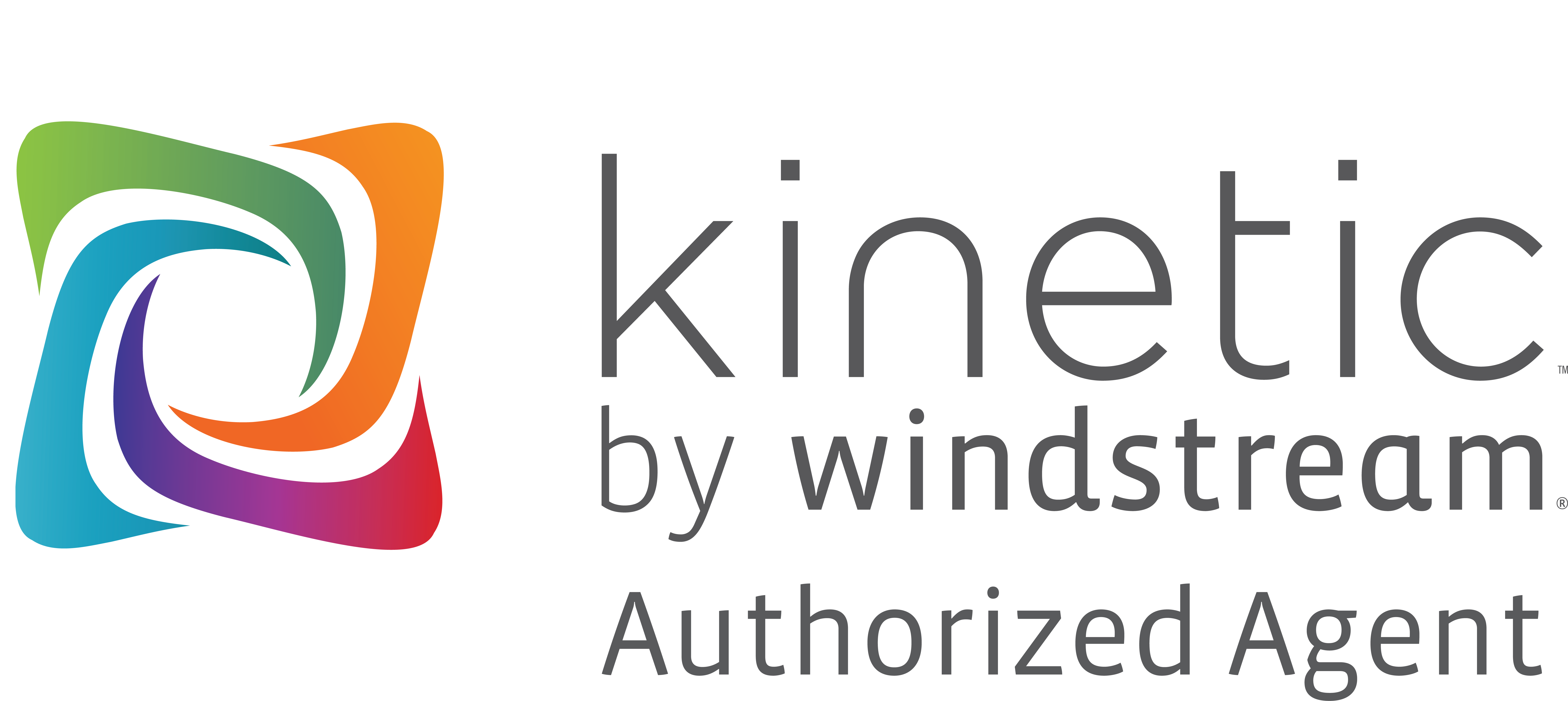 Photo from Unsplash
Photo from Unsplash
Originally Posted On: https://www.highspeedoptions.com/resources/insights/what-is-fiber-internet
Fiber internet is the newest type of internet connection and internet providers are making massive investments in converting networks to fiber and expanding availability. But what is it? How does fiber internet work? Can I get fiber internet? Here’s an in-depth look at fiber internet, its benefits, and potential for the future of internet connectivity.
Fiber Internet Overview
Fiber internet, or fiber optic internet, is a broadband internet connection that uses fiber-optic cables made of thin strands of glass to transmit data as pulses of light. Whereas, copper connection types, such as DSL internet and cable internet, transmit data using electrical signals.
This makes fiber significantly more efficient than copper, especially over longer distances. The result is faster and more reliable internet speeds and overall performance for tasks such as streaming 4K video, gaming online, and working from home.
Want blazing fast internet? Speak with an agent to see if fiber is available in your area.

How Does Fiber Internet Work?
It works very similarly to how other internet connections work. Data is sent from one location to another over a series of cables and networking devices to connect your devices to the internet. However, the infrastructure is completely different and requires new cable and hardware installation, which currently makes fiber internet somewhat limited in availability. Following is a high-level overview of how a fiber optic network operates.
Fiber-Optic Cables
Fiber-optic cables are the backbone of fiber internet and are what makes a fiber network so efficient. The bundle of thin strands of glass in a fiber cable is coated with layers of protective material to prevent damage from external factors like moisture, heat, and physical stress. Inside each strand of the fiber-optic cable, there is a core, which is the part that carries the light signals. The core is surrounded by a cladding layer that keeps light loss to a minimum.
Light Signals
The light signals are sent through the fiber-optic cable in the form of pulses. These pulses of light represent the data that is being transmitted. The light signals travel through the core of the fiber-optic cable and bounce off the cladding layer, which keeps the signals inside the core.
Transceivers
At either end of the fiber-optic cable, there are transceivers that convert the light signals into electrical signals. These transceivers are also responsible for sending data back through the fiber-optic cable in the form of light signals. The transceivers are connected to the fiber-optic cable using specially-designed connectors that prevent light loss.
The Process
The process of transmitting data through fiber internet is relatively simple. When you send data, it is broken down into packets and sent through your computer’s network adapter to your modem. The modem then sends the data to the transceiver, which converts the electrical signals into light signals. The light signals then travel through the fiber-optic cable to the destination. When the light signals reach the destination, they are converted back into electrical signals by another transceiver, and the data is reassembled into its original form.
If you’re a fiber customer, you will be supplied with a modem or router that is designed to work with fiber internet. This modem or router is what connects your computer and devices to your fiber internet provider’s network.
Fiber Internet Providers
How Fast is Fiber Internet?
Fiber internet is widely regarded as one of the fastest and most reliable ways to access the internet. So, how fast is it?
The answer depends on a variety of factors, including the specific service plan you choose, the quality of your equipment, and the number of users and devices accessing the internet at the same time. However, in general, fiber internet is capable of delivering speeds in excess of 1 Gbps.
When it comes to fiber internet, it’s important to understand the difference between download and upload speeds. Download speeds refer to the speed at which you can receive data from the internet, while upload speeds refer to the speed at which you can send data to the internet.
With other types of internet connections, the download speed is almost always faster than the upload speed. However, fiber internet makes synchronous speeds possible. Therefore, if the speed you are paying for is 1 Gbps, your download and upload speeds will each be 1 Gbps. Faster upload speeds will make your online gaming experience smoother, make for less disruption during video calls, and make uploading files a breeze.
Currently, the fastest fiber speed available to consumers is 5 Gbps. With that speed, you could download a 4K move in about 24 seconds.
In addition to speed, fiber internet also offers low latency or the time it takes for a packet of data to travel from one point to another. With fiber internet, latency is typically much lower than with other types of internet connections, which means that activities like online gaming and video conferencing are much smoother and experience fewer disruptions.
Theoretical Fiber Internet Speeds
So, what are the theoretical speeds of fiber optic internet? The answer is quite impressive. In theory, fiber optic internet has the potential to deliver speeds of up to 100 Gbps and higher. This is thanks to the incredible bandwidth capacity of fiber-optic cables, which can support much higher data transfer rates than traditional copper cables.
To put that in perspective, a 100 Gbps fiber optic internet connection is capable of downloading a full-length movie in just a fraction of a second. It’s also capable of supporting massive data transfer rates, such as those required for scientific research, high-performance computing, and other data-intensive applications.
How fast is 100 Gbps download speed? That 4K movie would take less than 1 second to download.
The practical limits of fiber optic internet are influenced by the available network infrastructure, which may limit the speeds that can be delivered to consumers. Simply put, the technology simply doesn’t exist today to support those theoretical speeds
Benefits of Fiber Internet
It has numerous benefits and advantages, with internet speed being the most significant. But fiber internet has many other benefits that extend well into the future.
Speed
Fiber internet is capable of reaching practical speeds up to 10 Gbps, which is much faster than cable internet or DSL internet.
Reliability
Fiber cables are more durable and less prone to interference from weather conditions, electromagnetic fields, or other external factors. Fiber internet also doesn’t suffer from the “peak-hour” slow-down that you may experience with cable internet, which can affect your internet speed during periods of high internet usage.
Low Latency
Latency is significantly reduced because data travels at the speed of light through the fiber optic cables, resulting in a more responsive internet connection. This is particularly important for online gamers or anyone who needs a fast and responsive connection.
Security
Fiber optic cables are difficult to tap or intercept because they don’t emit any electromagnetic signals. This makes fiber internet less vulnerable to hacking or cyber-attacks, making it a safer option for businesses or individuals who prioritize security.
Future-Proof
Due to its demonstrated speed potential and efficiency, fiber internet is the fiber connection of the future. As technology advances, speeds will continue to increase, which is a benefit to users as our life continually moves online and as the demand on resources continues to increase.
Explore fiber internet providers today.

How Much Does Fiber Internet Cost?
You may be thinking that because it is new and offers so many benefits, fiber internet is beyond your budget. But it’s not. It’s actually more affordable than cable internet in some cases. Frontier offers fiber internet plans reaching 5 Gbps, but its 1 Gbps plan is about $70.mo. And remember, you’re future-proofing your internet connection with a fiber plan as the technology advances.
How Can I Get Fiber Internet?
HighSpeedOptions makes it easy to find the best internet in your area. Drop your zip code below to see if you have access to fiber internet, as well as what other internet connections are available in your area.







